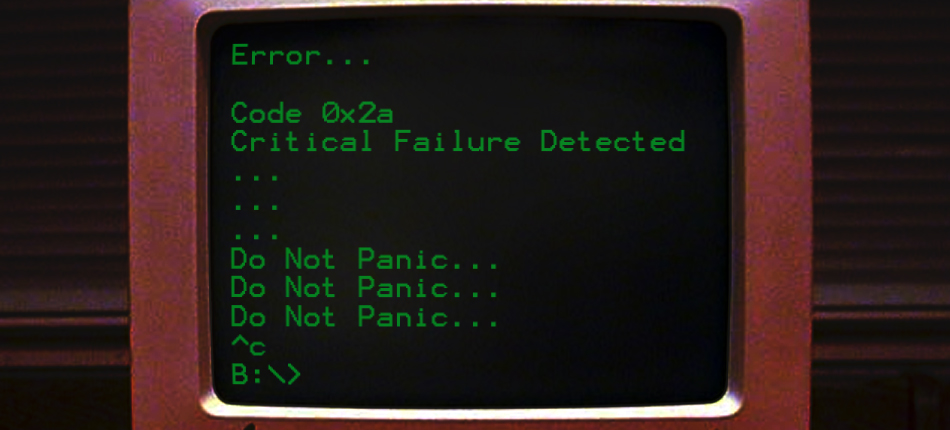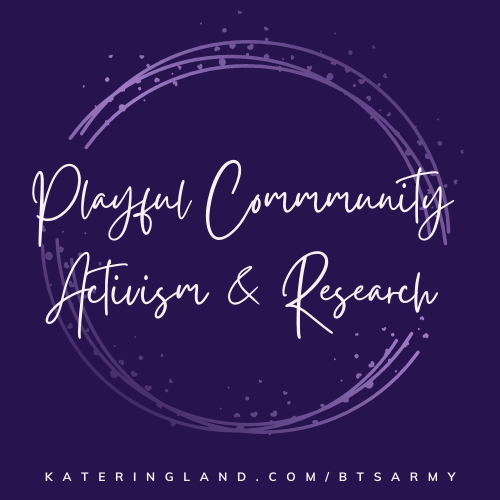This is a continuation of my series of blogs recapping CHI 2019. You can catch up with the first blog, if you missed it. For this week’s blog, I am focusing on the importance of care. This takes many forms, but for this short blog, I’ll be honing in on self-care and community care. Both of these are about taking care of the individual, but one (self-care) implies the individual is taking care of themselves and the other (community care) implies that the group as a whole is making space and watching out for the individuals.

Self-Care
Conferences are hard. They are taxing on the body both physically and emotionally. CHI 2019 took place in Glasgow, Scotland. This means that many of the community experienced some kind of jet lag. And this is the case for every conference. Some people will be experiencing jet lag and the other effects of having to travel long distances. Then when you get to the conference, there are thousands of people. Rooms are crowded, halls are noisy, many people are consuming alcohol at evening functions. Through all of this, early career scholars are expected to show up, be engaging, and network like mad. Conferences are hard.
My advisor, Gillian Hayes, gave the best advice before my first conference. It’s okay to not go to every session. It’s okay to skip certain events. Quality over quantity. Take care of yourself. Save your energy for those key interactions that you need to further your career, your research, or your learning. As is the case with all of academia, learn to say no to things. To that end, I’ve learned that I would rather save a bit more money at home in order to be able to stay at a hotel closer to the conference or to be able to order in room service for a night when I just can’t face going out to eat one more time. I realize that that is steeped in privilege. Conferences are not only hard, but they are expensive – CHI especially so. My only rationale is that my moments at CHI, having quality interactions with people, will help further my career in incalculable ways. I’m banking on it, and whether this will actually pay off in a tenure track job in the long run remains to be seen.

In summary: Take care of yourself before, during, and after a big (or small) conference. Listen to your body. Focus on quality interactions over quantity.
Bonus tip for students: Make a list of 5-10 people you would really like to meet or touch-base with while at the conference. Focus on that list and make those your quality interactions. You’ll thank your tired self later.
Community Care
This one is a little trickier. As I’ve said, conferences are hard. We can all help make each other’s conference experience better. I will get into the larger, organizational issues of these big conferences like CHI in my next blog post, but for now I will focus on the community-on-the-ground. This could be simple things like, if you’re chatting with people, try to get out of the way so you can all hear each other and you aren’t in the way of those trying to get through. Maybe this looks like simply not guilting people into going to the late parties or finding safe spaces for women and other marginalized community members. This also means accepting help when others offer it (an important part of self-care!). I’ve seen a lot of positive movement in this area, especially at CHI. But, of course, there is always room for improvement and we should strive to find ways to help each other out.

CHI can be a wonderful experience if done right. I have had conference experiences where I’ve just felt ill the entire time and ended up not getting much out of it. I then I have to ask myself why I spent money to even go in the first place (because let’s be real, as a student or postdoc, you’re losing money even if you’re getting reimbursed). But I’m happy to say that prioritizing my own self-care and looking out for others has really improved my overall CHI experience. I hope these tips are helpful for you as you plan your next conference trip!


0 Comments
1 Pingback